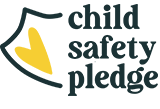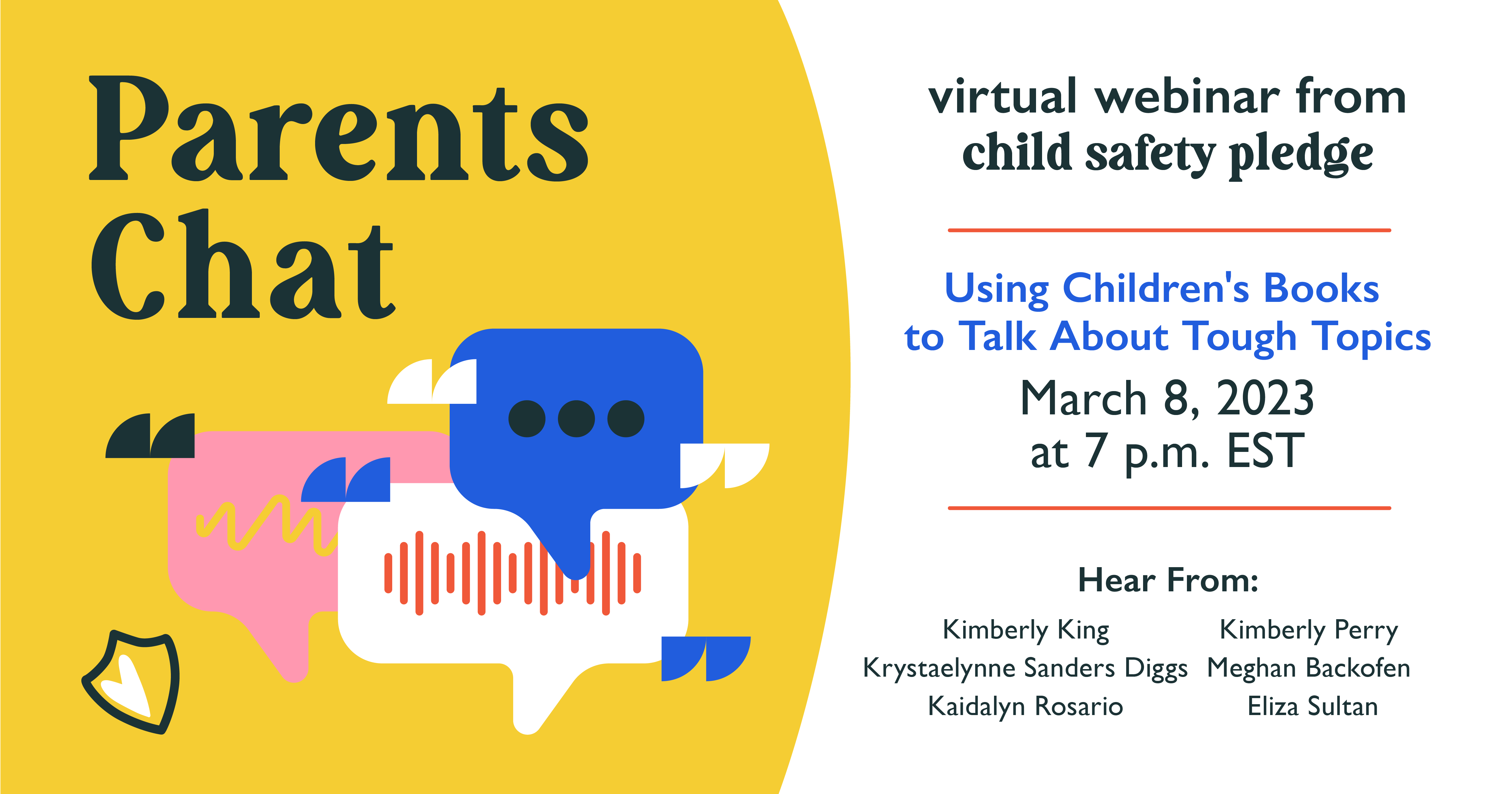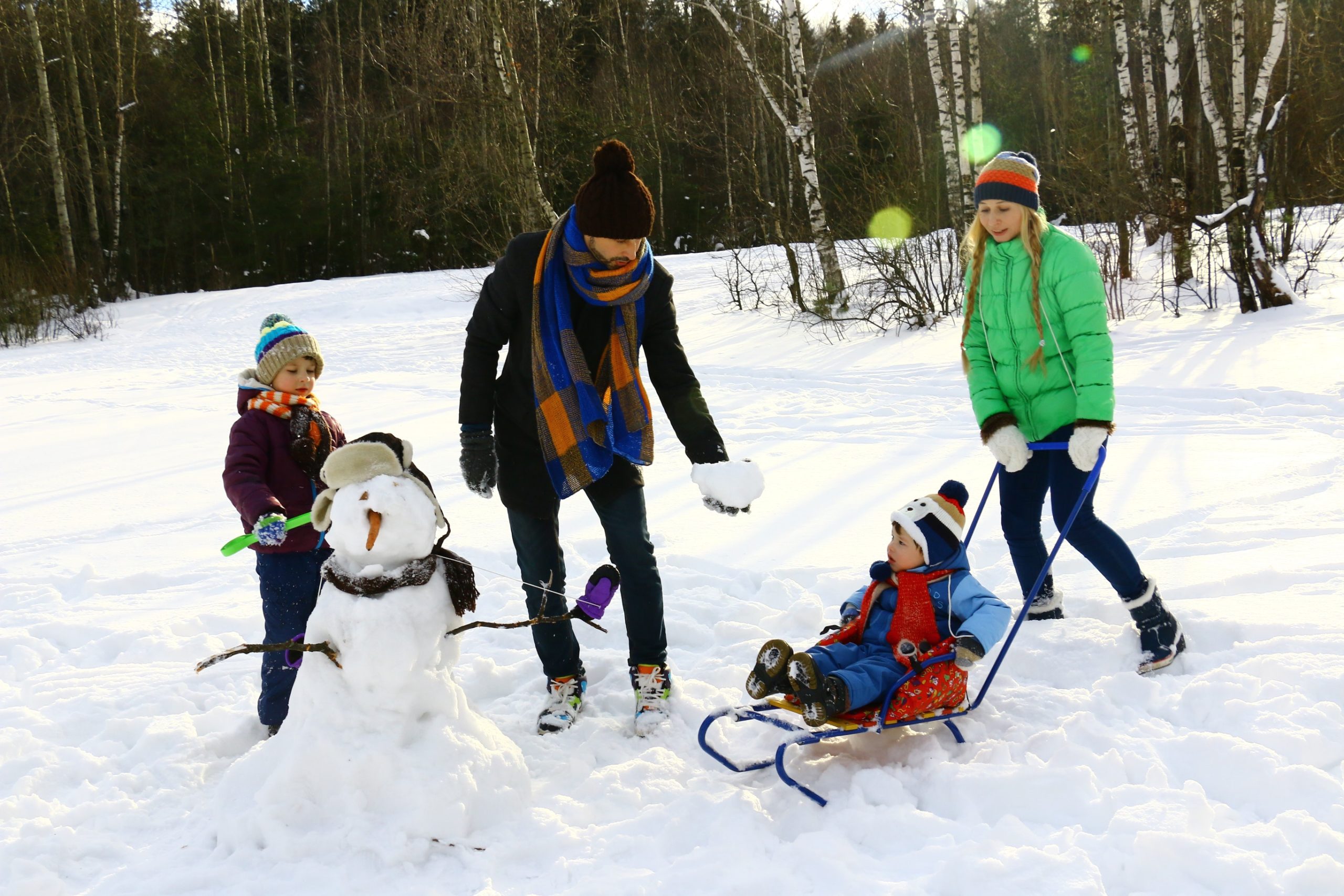There is no doubt, violence is all around us. Whether it is happening on our block, in our neighborhoods and communities, among our states or between our countries, it is something that we as parents and caregivers have to filter and figure out how to address with our children.
More and more though, we are seeing the effects of community violence, not just on society in general but also on how it affects the safety of our families. What once was a problem in another city or in another part of town is happening on our streets, in our grocery stores and malls, in our schools and towards the ones we love. And it disproportionately affects minority communities and our youth (ages 10-34).
The CDC defines community violence as happening “between unrelated individuals, who may or may not know each other, generally outside the home. Examples include assaults or fights among groups and shootings in public places, such as schools and on the streets.”
Community violence not only affects the community as it happens in real time, it also leaves its mark in the form of long-term trauma on individuals and communities. It impacts the mental and physical health of our children as well as the prosperity of our communities.
There are numerous resources available to parents and professionals to address community violence after it happens, but what can parents and caregivers do before it happens?
The National Child Traumatic Stress Network offers the following tips:
Spend time talking with your children.
Have regular conversations with your children about what they are hearing, how these events are impacting them, and their reactions. Knowing that you are willing to have these conversations lets your children know they can rely on you and that they are not alone. Validate that their feelings are normal and encourage discussion and questions. These are not always easy conversations but are worth having. Use age-appropriate language to talk about what your children have seen or heard, as well as what they have heard others saying. Monitor their media exposure and discuss what they have seen, heard, or read. Preschool children should not be exposed to coverage, if possible.
Identify other people your children may find supportive.
Children may want to discuss their concerns with you as well as with others who share their identities or with whom they have been talking about current events. Help them find ways of connecting with these people so they can have additional supports during this time. This may include teachers, coaches, family members, or neighbors.
Help children feel safe.
Talk with your children about their concerns over safety and problem-solve ways to address their concerns. This may include getting support from other trusted individuals, alerting school officials about what is happening, or seeking guidance from cultural or religious leaders.
Enhance your child’s coping.
Reinforce that your children should be kind to themselves and that there are reasons why they aren’t feeling the same as before. Find family activities, including cultural and religious practices, that can be done together. Help create a routine for everyone in the family, which includes time for self-care and quiet.
Seek change.
Discuss ideas for ways your children want to get involved in creating change against injustices. This could include participating in a community group event, creating a group at school, or showing support to peers who may be feeling an increased sense of vulnerability. These can be small steps as well as larger ones. Be a positive role model for change in actions as well as words.
Check-in on a regular basis.
Unfortunately, many stressors are likely to continue in the immediate future. Check-in with your children on a regular basis. This reinforces that you are there to support them always, especially during these challenging times.
Ask for help.
Reach out when you need help or support as there is no manual for parenting at any time, but particularly during these incredibly stressful times. Your pediatrician, faith leader, and local mental health agencies can be resources for support and guidance.
Teen and young adult focused helplines include:
- The JED Foundation (for emotional health and suicide prevention), Call 1-800-273-TALK (8255) or text “START” to 741-741
- Trevor Project (for LGBTQ+ youth), Call 1-866-488-7386 or text “START” to 678-678
- Love is Respect (for dating abuse and healthy relationships), Call 1-866-331-9474 or text “LOVEIS” to 22522
Find more resources on child safety by visiting our hub.












Comments are closed.